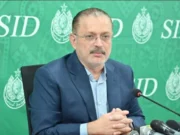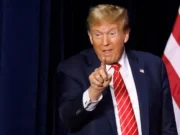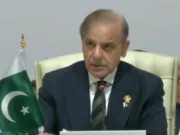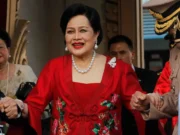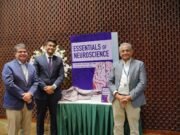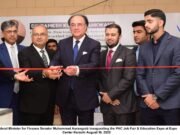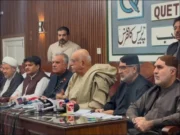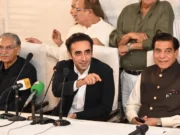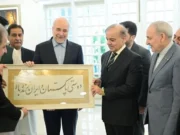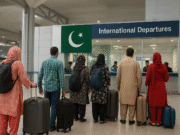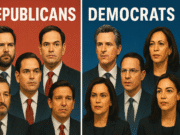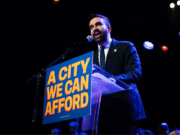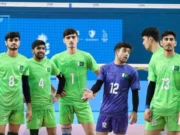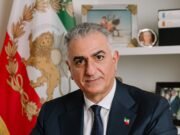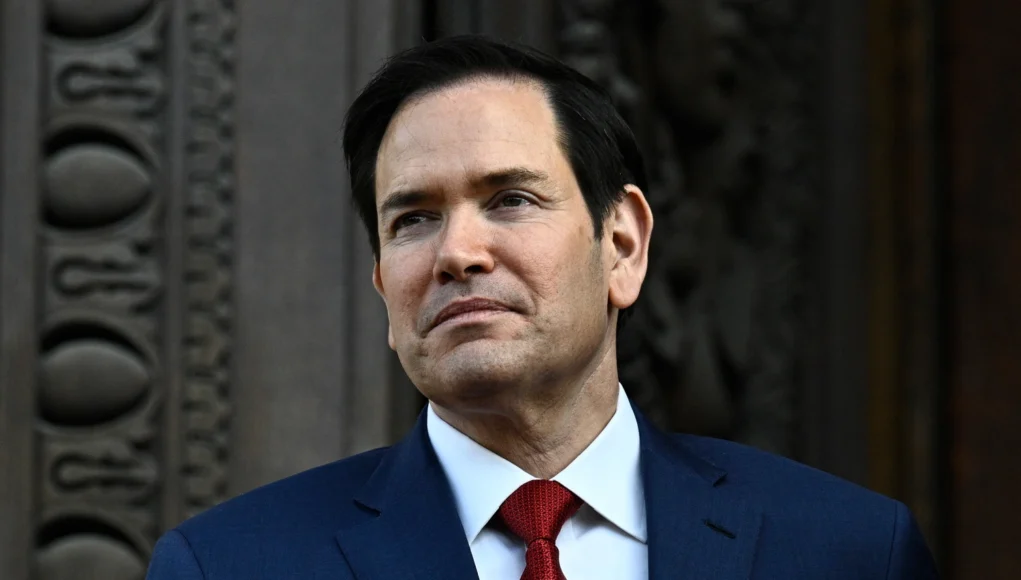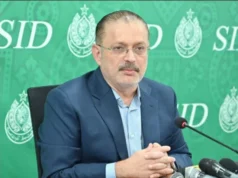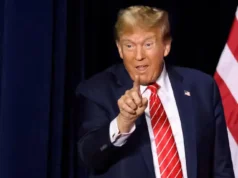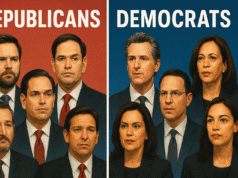Washington, D.C. —The United States sees an opportunity to strengthen its strategic relationship with Pakistan as part of a broader, pragmatic foreign policy approach, Secretary of State Marco Rubio said on Saturday, emphasizing that the renewed engagement with Islamabad would not come at the expense of Washington’s longstanding partnership with New Delhi.
Speaking at a press briefing, Rubio was asked whether India had raised concerns about the U.S. building closer ties with Pakistan. He acknowledged New Delhi’s sensitivities but stressed that India understands the need for the U.S. to engage with multiple partners across regions to pursue common goals.
“We see an opportunity to expand our strategic relationship with Pakistan, and that’s our job — to find as many countries as we can work with on things of common interest,” Rubio said. “The Indians are very mature when it comes to diplomacy. They have relationships with countries we don’t, and we have some they don’t. That’s part of a mature, pragmatic foreign policy.”
Rubio underlined that the improving relationship with Pakistan “does not come at the expense” of Washington’s “deep, historic, and important” friendship with India, describing both partnerships as essential for regional stability and U.S. strategic interests in South Asia.
He added that Washington was aware of the challenges posed by tensions between India and Pakistan but reiterated that the U.S. aims to create “opportunities for partnerships with countries where it’s possible.” Rubio cited a long history of cooperation with Pakistan on counterterrorism and expressed optimism about expanding ties into trade, minerals, and development.
The remarks come amid a visible thaw in U.S.–Pakistan relations, following a period of strain in recent years. Earlier this year, Pakistan and the U.S. moved closer to finalizing a deal for the export of rare earth minerals, a development seen as a major step in diversifying their partnership beyond security cooperation.
In September, U.S. Strategic Metals (USSM) signed a memorandum of understanding with Pakistan to invest roughly $500 million in establishing mineral processing and development facilities. The first consignment of mineral samples, including antimony, copper concentrate, and rare earth elements such as neodymium and praseodymium, was recently dispatched to the U.S., marking what both sides described as a “milestone” in the partnership.
The rapprochement follows a period of heightened diplomatic contact between the two countries. Pakistan’s Chief of Army Staff Field Marshal Asim Munir made two visits to Washington this summer, including a luncheon meeting with former President Donald Trump, the first such meeting between a serving Pakistani military chief and a sitting U.S. president. During a subsequent visit to the United Nations General Assembly, Munir and Prime Minister Shehbaz Sharif met Trump again to discuss regional security and counterterrorism cooperation.
Trump, who played a role in brokering a ceasefire during a brief military standoff between India and Pakistan, has frequently praised Pakistan’s leadership. He has called Prime Minister Shehbaz and Field Marshal Munir “great people” and has said he would work to resolve recent tensions between Pakistan and Afghanistan “very quickly.” Earlier this year, Shehbaz nominated Trump for the Nobel Peace Prize, citing his mediation efforts between Islamabad and New Delhi.
During the same press interaction, Rubio also touched on efforts to maintain a fragile ceasefire in the Middle East, saying the U.S. remained committed to sustaining peace initiatives in Gaza.
“Every night brings a new challenge,” he said. “We’ve made tremendous progress in the last 12 or 13 days, but every day requires constant maintenance. There’ll be struggles, but also new hope.”
Rubio said Vice President Kamala Harris and General Cain would continue diplomatic engagements in the region to support the ceasefire and prevent further escalation.
As Washington deepens its diplomatic re-engagement with Islamabad, analysts view the Biden administration’s approach as part of a wider effort to balance U.S. influence across South Asia — maintaining strong ties with India while re-establishing functional cooperation with Pakistan on trade, minerals, and regional security.


